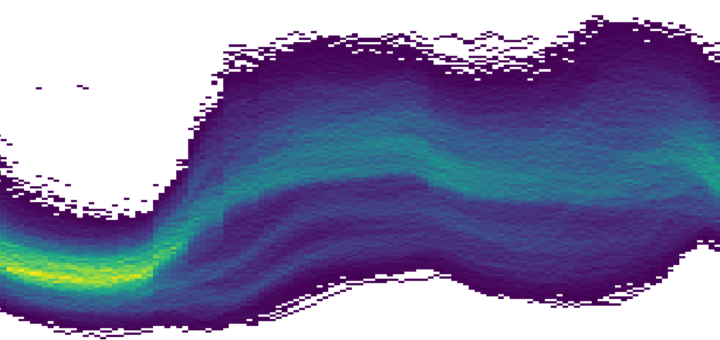A recent paper in the journal Energy Research & Social Science by MAGIC researchers Ansel Renner and Mario Giampietro (Universitat Autonoma de Barcelona) presents a novel approach to the responsible use of […]
A recent paper in the journal Energy Research & Social Science by MAGIC researchers Ansel Renner and Mario Giampietro (Universitat Autonoma de Barcelona) presents a novel approach to the responsible use of quantitative analysis in the governance of sustainability. Rather than using complicated models that try to predict and control the future evolution of complex societies, the authors propose to first check the plausibility of proposed policies by means of quantitative story-telling . The procedure of quantitative story-telling includes:
- identification of the narratives used to inform policy
- identification of the relevant factors determining the feasibility, viability and desirability of expected results
- a quantitative analysis which falsifies at least one of these three factors, indicating an implausibility of the expected results
- identification of knowledge gaps in the existing discussions over the issue.
As a case study, the authors check the plausibility of ‘a radical decarbonization of the European economy based on a quick deployment of alternative sources of electrical energy generation’. Although the case study includes a high-level set of quantitative results, it is primarily methodological in nature. The authors conclude that the modern European energy system does need an urgent and radical transformation. However, before imposing drastic and ambitious policies, it is essential to check the quality of the diagnosis. The analysis undertaken flags the existence of numerous reasons for concern with regard to the current story-telling.
To find out which concerns, read the full publication (freely downloadable) here.
This paper is an outcome of the MAGIC project. For more information on the project, see our project website: https://magic-nexus.eu/.
MAGIC
 MAGIC’s objective is to open the path towards a new way of managing the Nexus in which researchers and decision makers work together in the search for development strategies that can contribute to the smart, sustainable and inclusive economic growth required by the EU 2020 Strategy, while maintaining a leading and informed participation in international discussions about global issues, like climate change or food security.
In order to do so, MAGIC deploys a set of novel, cutting-edge and system-oriented approaches that originates from system ecology, bio-economics and Science and Technology Studies. Their combination allows MAGIC to highlights if a certain mix of EU policies results in undesirable or unforeseen outcomes. Climate, water, land energy, and food modeling are integrated into a socio- and bio-economics framework using an iterative and participatory method.
Significant care is taken to embed these ideas and approaches within the advisory and decision making functions of the European Commission.
MAGIC’s objective is to open the path towards a new way of managing the Nexus in which researchers and decision makers work together in the search for development strategies that can contribute to the smart, sustainable and inclusive economic growth required by the EU 2020 Strategy, while maintaining a leading and informed participation in international discussions about global issues, like climate change or food security.
In order to do so, MAGIC deploys a set of novel, cutting-edge and system-oriented approaches that originates from system ecology, bio-economics and Science and Technology Studies. Their combination allows MAGIC to highlights if a certain mix of EU policies results in undesirable or unforeseen outcomes. Climate, water, land energy, and food modeling are integrated into a socio- and bio-economics framework using an iterative and participatory method.
Significant care is taken to embed these ideas and approaches within the advisory and decision making functions of the European Commission.
Project details
- Project title: “Moving Towards Adaptive Governance in Complexity: Informing Nexus Security” (MAGIC)
- Funding scheme: European Union Horizon 2020 Programme (EU H2020, grant agreement no. 689669)
- Duration: 4 years (1 June 2016 – 31 May 2020)
- Project coordinator: Universitat Autònoma de Barcelona, Spain
- Project website: www.magic-nexus.eu


